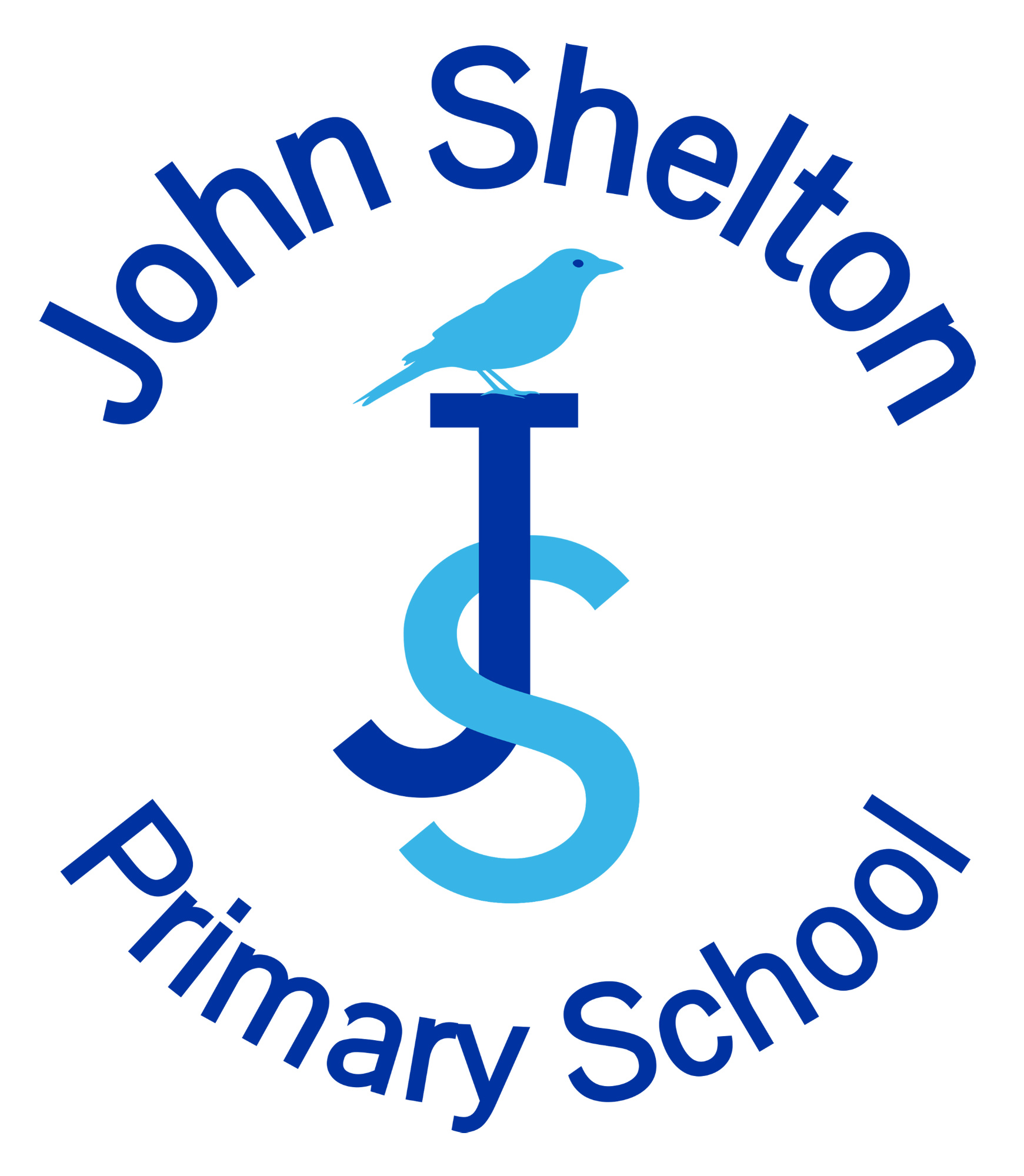Science
Intent
At John Shelton Primary School is our intention to provide a practical, high-quality, enriching science curriculum that instills a love for scientific enquiry and exploration in our pupils. We intend that high-quality, first-hand practical science experiences will underpin most teaching and learning. We want to develop in all children a lifelong curiosity, fascination and excitement about natural phenomena and create scientifically literate individuals who possess the skills and knowledge to understand and engage with the world around them. We want them to recognise how science has contributed to our understanding of the world and how it has changed our lives. We also want our children to understand the importance of sustainability. We believe in fostering a growth mindset, where pupils are encouraged to question, investigate, and reflect upon scientific concepts, developing their critical thinking, problem-solving, and enquiry skills using age-appropriate, accurate scientific vocabulary.
Implementation
We use the small steps from the White Rose Science scheme to provide a carefully designed curriculum, which is aligned with the National Curriculum and organised in a progressive sequence of learning. We ensure coherent progression and build upon prior knowledge, enabling our pupils to make connections within and across different areas of science.
Practical experiences of working scientifically are integral to the small steps. We aim to inspire and excite children with such activities so that they view scientific learning positively. The acquisition of key scientific knowledge is an important part of our science lessons. Linked knowledge organisers enable children to learn and retain the scientific vocabulary and knowledge contained within each unit. Each lesson has a clear focus and is planned with key questions, practical activities and the declarative and procedural knowledge mapped out. Notes for teachers, common misconceptions, prior and future learning supports teachers in their planning. Sustainability is included in units where appropriate to encourage greater awareness of the changing world and help children develop an empathy for the local and wider environment. We encourage scientific reasoning with key reasoning questions.
The progression of skills for working scientifically are developed through the year groups and scientific enquiry skills are important within lessons. The progression of these skills is set out in the science progression map. Scientific knowledge and enquiry skills are developed with increasing depth and challenge as children move through the year groups. They complete investigations and hands-on activities while gaining the scientific knowledge for each unit. These allow teachers to assess children's levels of understanding at various points in the lesson. They also enable opportunities to recap concepts where necessary. The sequence of lessons helps to embed scientific knowledge and skills, with each lesson building on previous learning. There is also the opportunity to regularly review and evaluate children's understanding during progress pauses. Activities are effectively scaffolded so that all children have an appropriate level of support and challenge. Each unit has a writing opportunity to apply their writing skills and deepen their knowledge and understanding. Teachers should link units where possible to real life applications and how it has changed the world around us.
Impact
In Science, progress is measured through a child’s ability to know more, remember more and explain more. This can be measured in different ways in our units. The use of key questions ensures opportunities are built into the lesson for ongoing assessment. Attainment and progress can be measured across the school using the end of unit assessments. The impact of using the full range of resources included in the science unit will also be seen across the school with an increase in the profile of science. The learning environment across the school will be more consistent with science technical vocabulary displayed, spoken and used by all learners. Children who feel confident in their science knowledge and enquiry skills will be excited about science, show that they are actively curious to learn more and will see the relevance of what they learn in science lessons to real-life situations and also the importance of science in the world.
Children can plan and conduct investigations independently, record and analyse data accurately, draw conclusions based on evidence, and evaluate the reliability of their findings. They can show an empathy for sustainability in our local area and the wider environment. Our pupils' critical thinking, problem-solving, and enquiry skills are nurtured and strengthened, preparing them for further scientific study.
